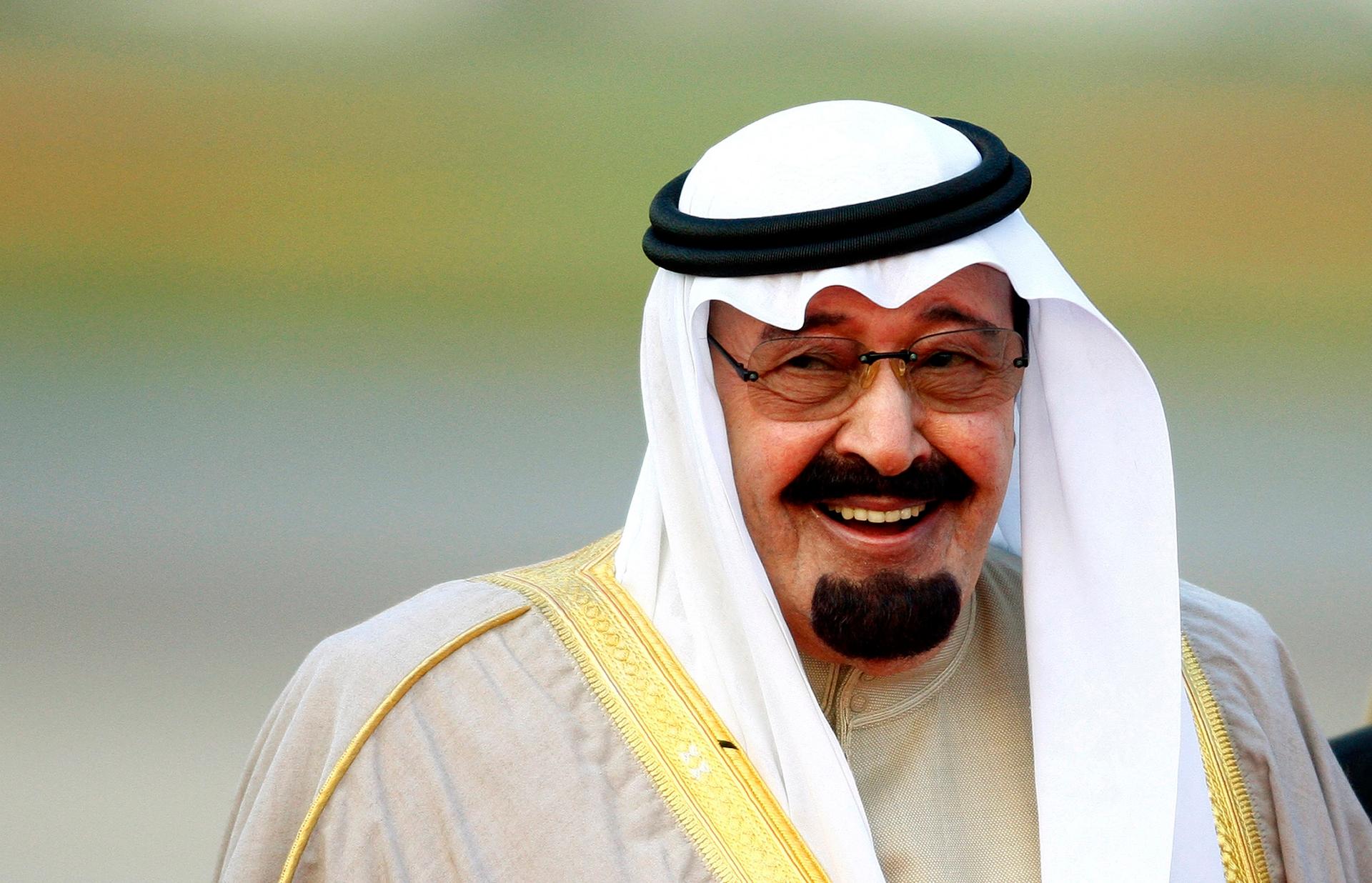Looking back on the life of Saudi Arabia’s King Abdullah
Saudi Arabia's King Abdullah arrives at Heathrow Airport in west London October 29, 2007.
Saudi Arabia's King Abdullah, who had reigned over the oil-rich Middle East kingdom for a decade, died Friday morning in Saudi Arabia, according to state TV there.
The monarch, who was in his 90s — though his precise age is subject to some debate — had served as de facto ruler for another decade before taking the throne on the death of his brother. Abdullah was known as a reformer, pushing the deeply conservative kingdom to become somewhat more modern — though hardly by conventonal, Western standards.
The king's successor is his half brother, Crown Prince Salman. The succession is the first royal succession under an Allegiance Council setup by King Abdullah to streamline and strengthen the royal succession as the sons of former King Abdulaziz all reach advanced age, meaning the succession could move on to the next generation in the coming years. Burial was set for later Friday.
Abdullah was widely traveled and influential in global foreign policy. He was a major powerbroker in the Middle East and, mostly, a reliable ally for several American presidents — dating back to his time as regent during Bill Clinton's presidency.
On Twitter, reaction varied:
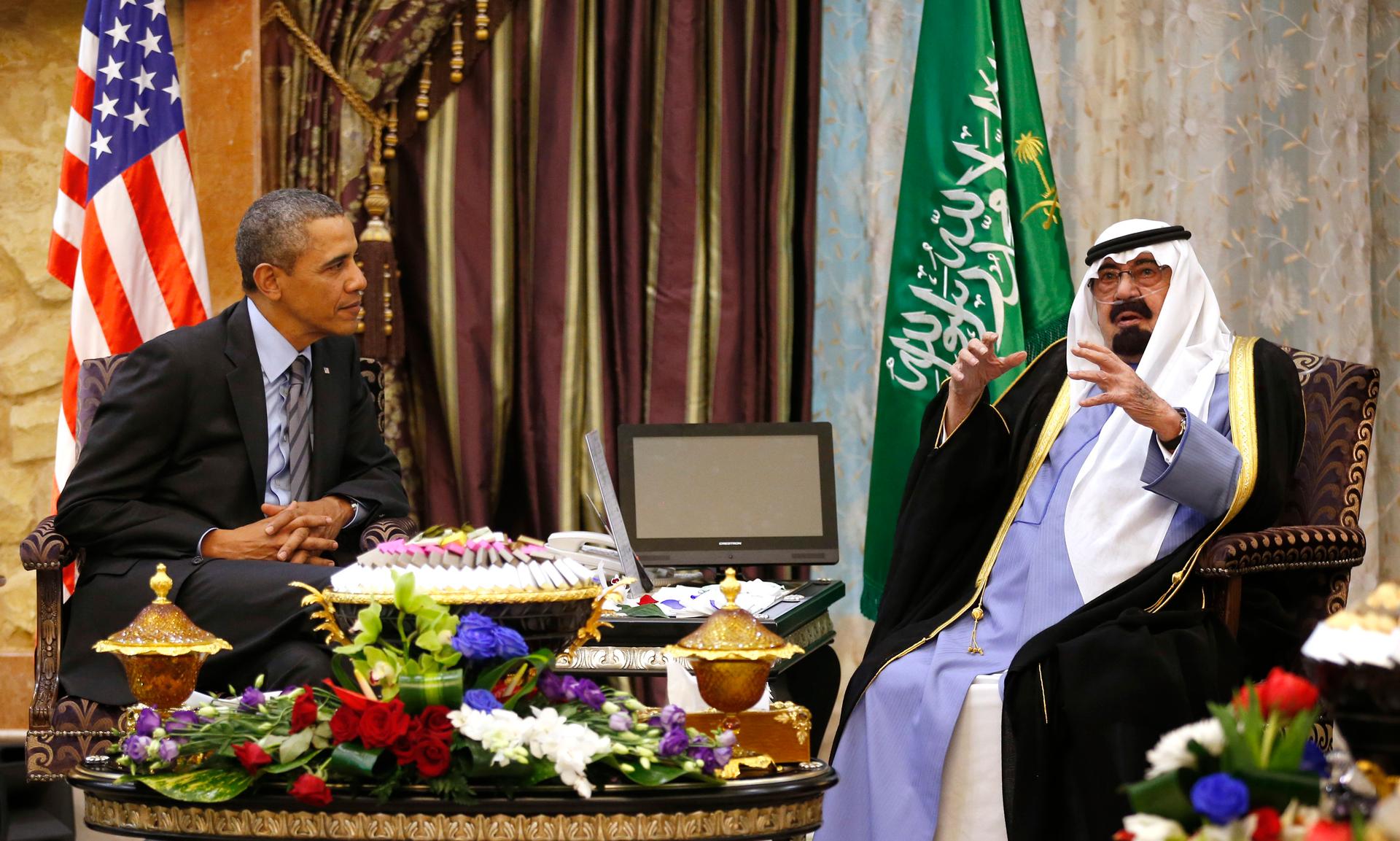
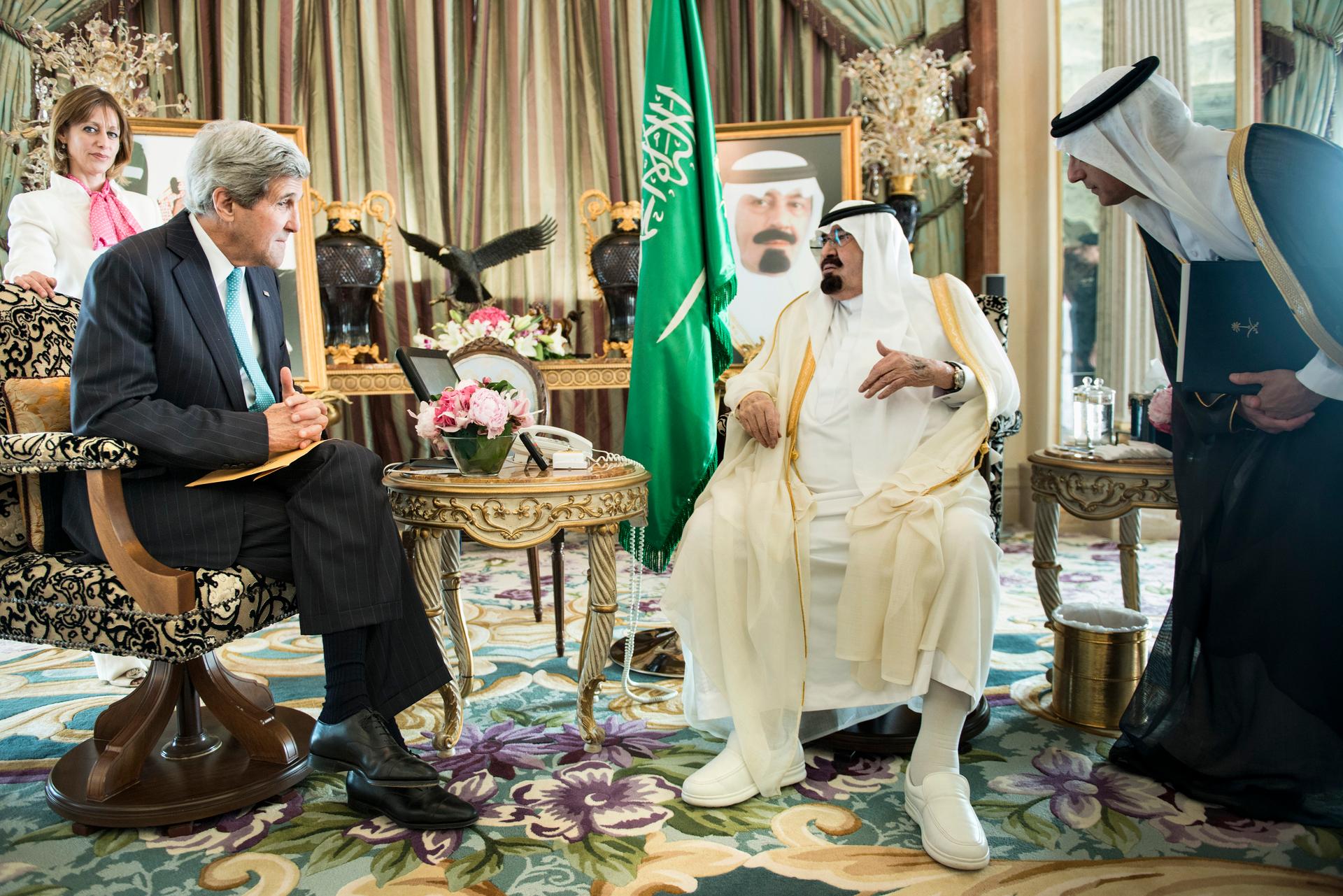
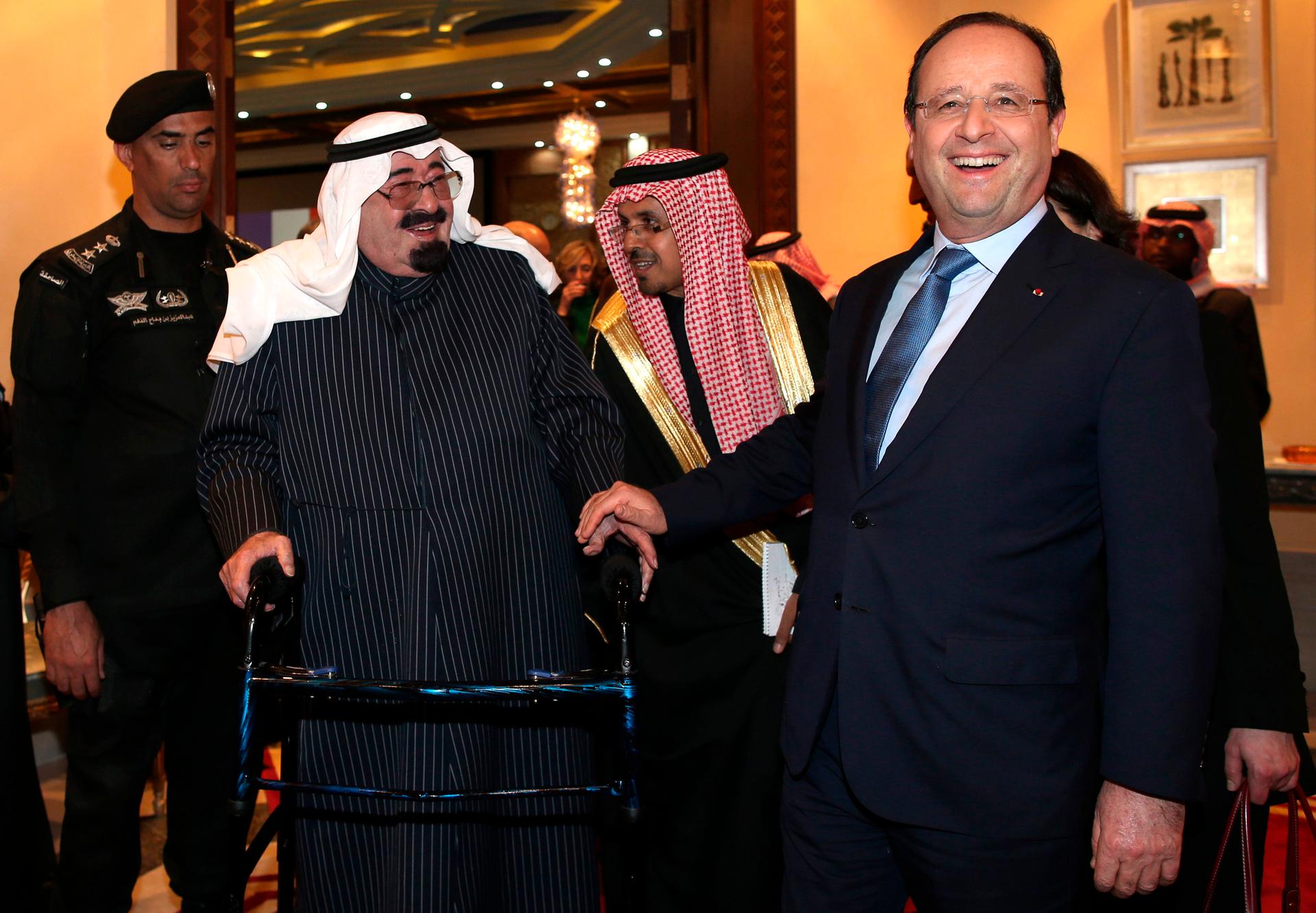
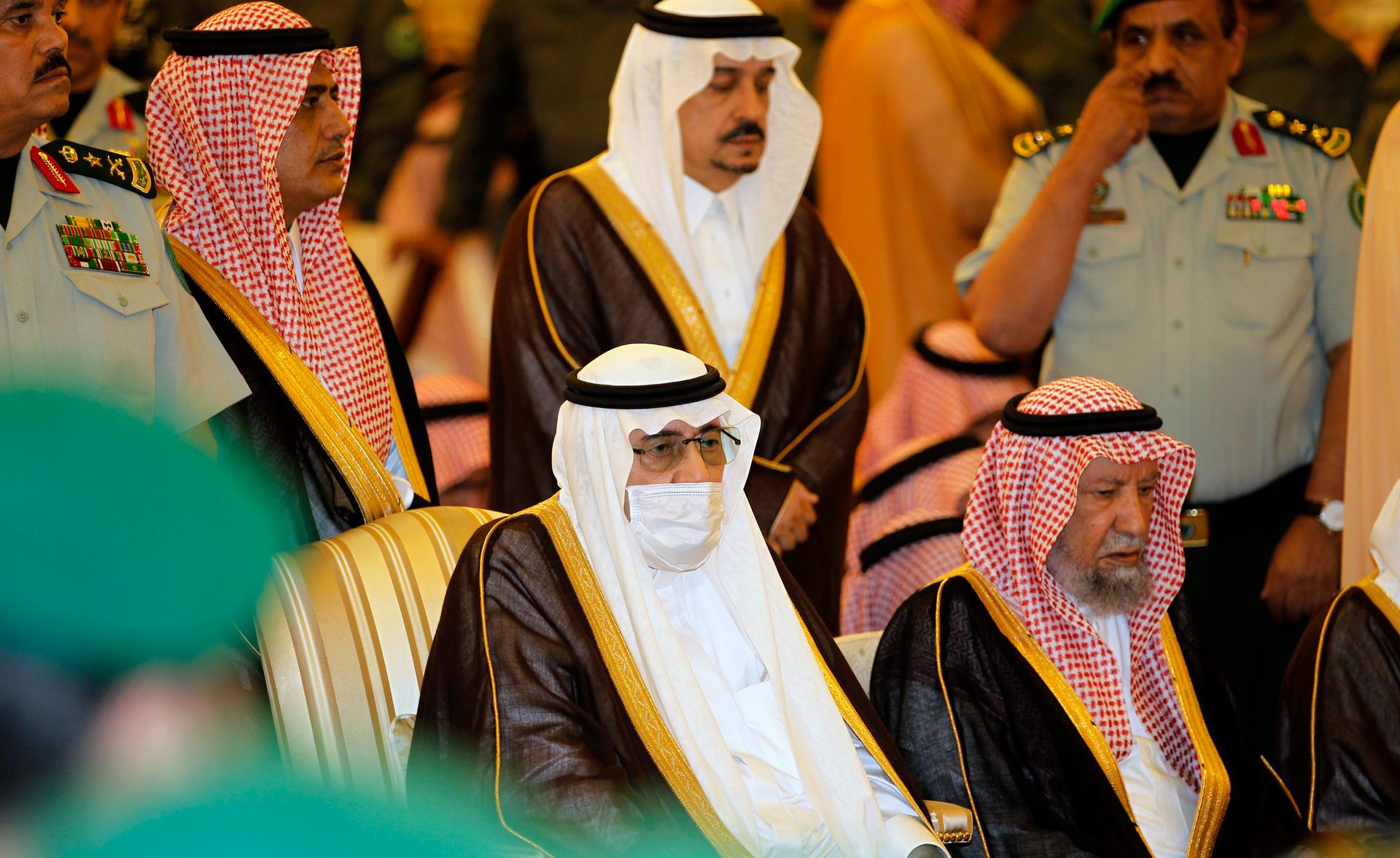
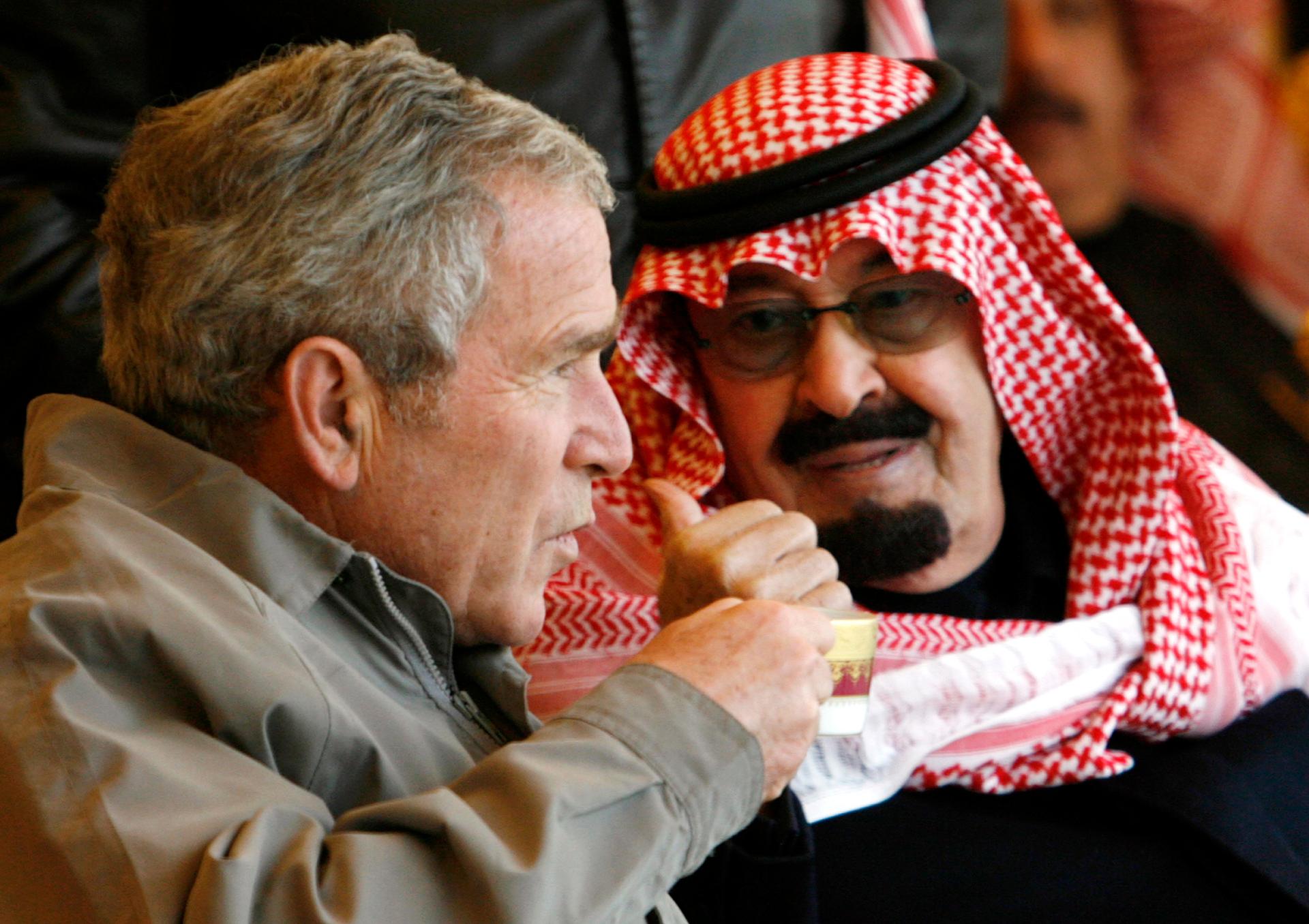
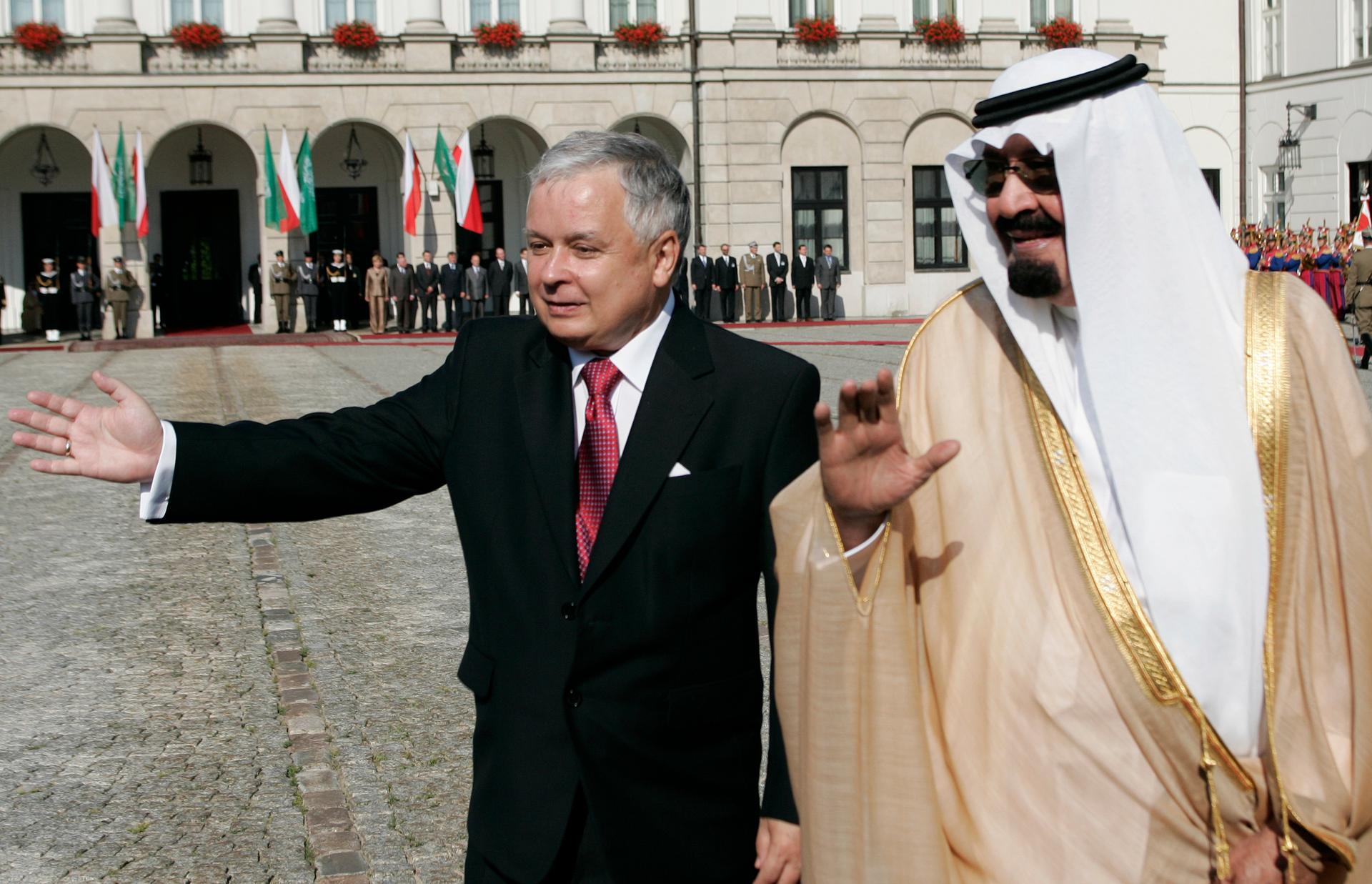
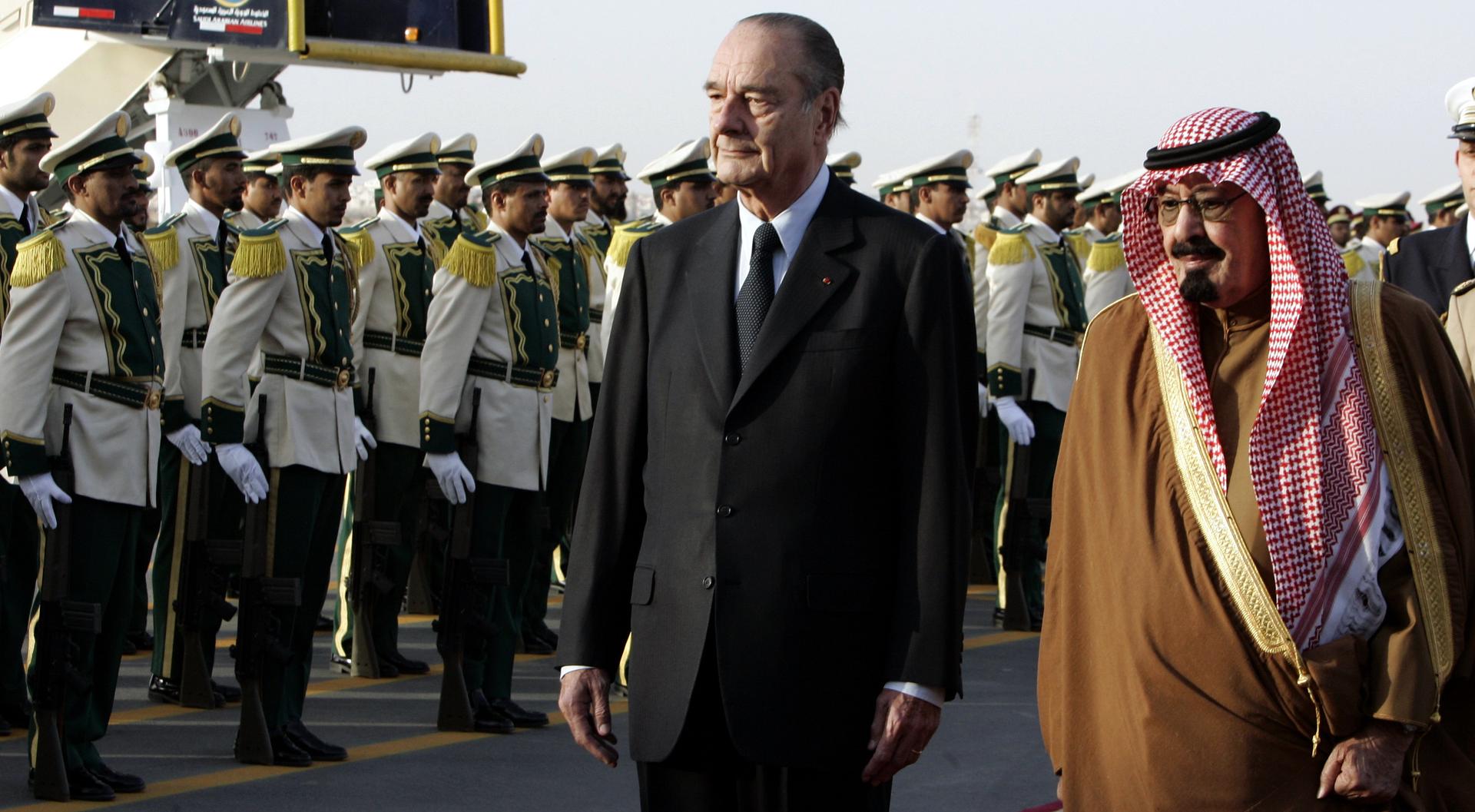
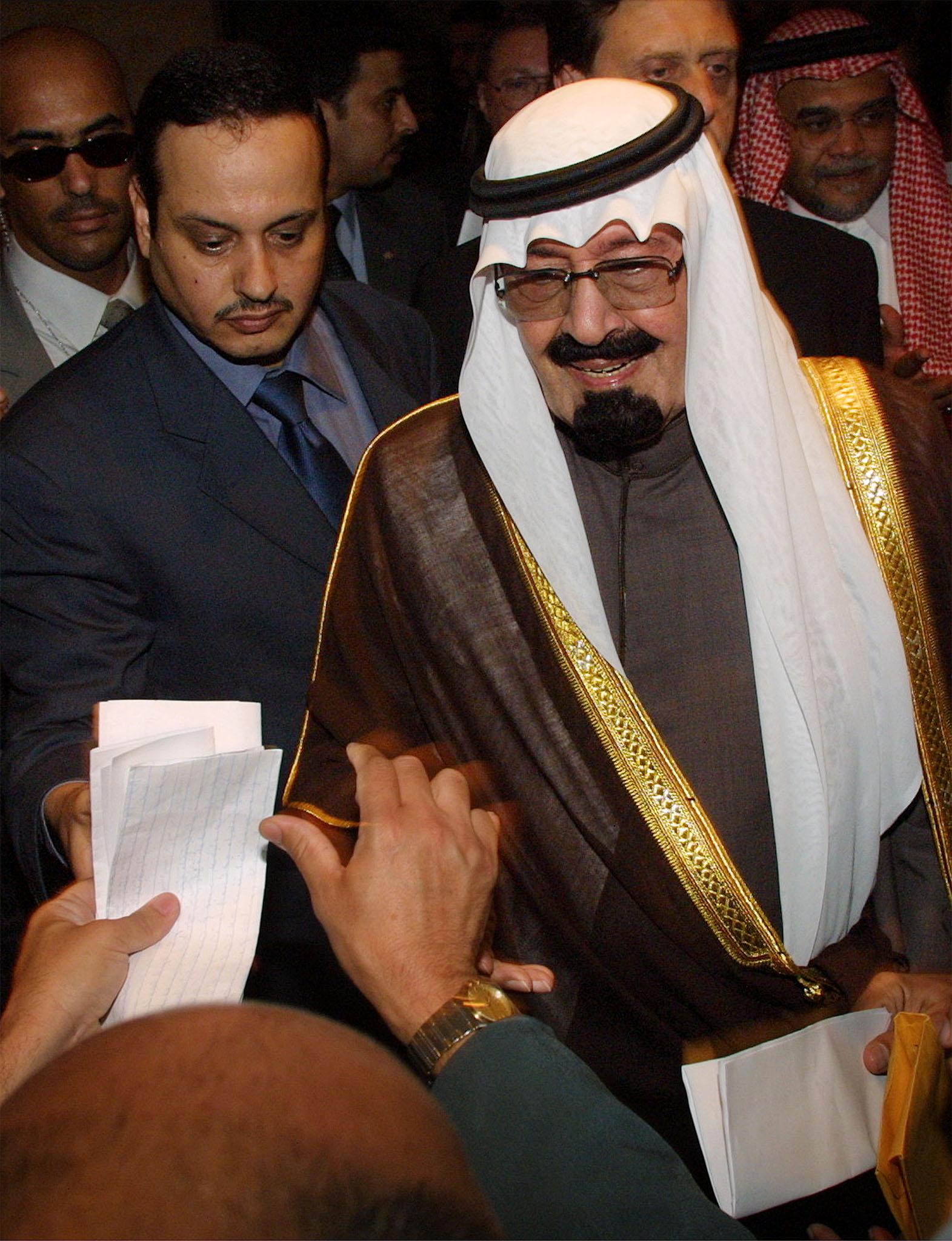
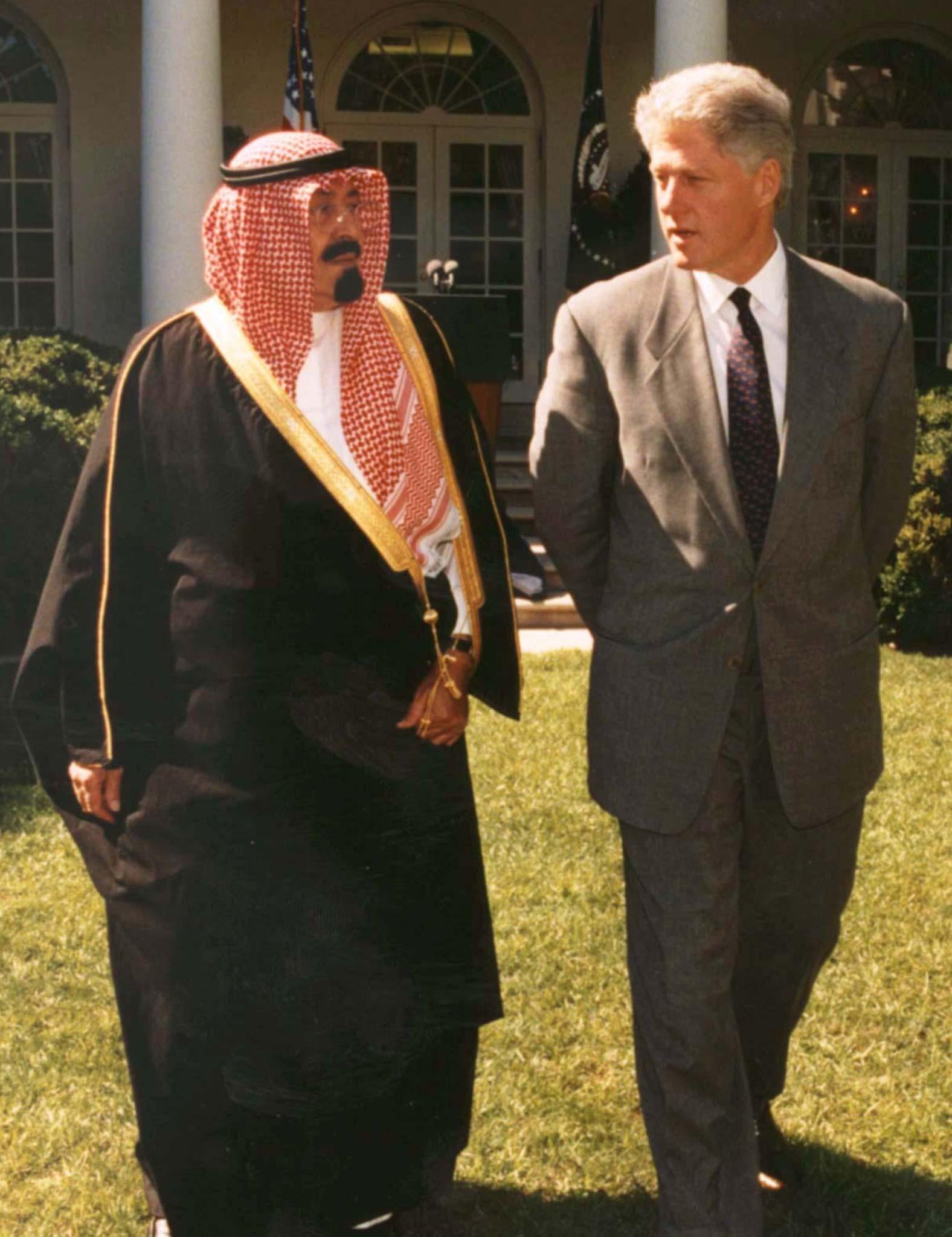
Our coverage reaches millions each week, but only a small fraction of listeners contribute to sustain our program. We still need 224 more people to donate $100 or $10/monthly to unlock our $67,000 match. Will you help us get there today?
